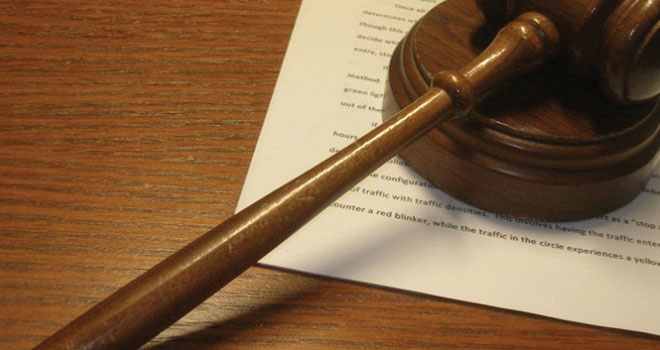The respondent, Mrs Landman, is a 65 year old widow and pensioner who invested the proceeds of her late husband’s life savings/pension of R650 000 on 6 May 2006 in the Sharemax Zambezi Retail Park Holdings Ltd on the advice of the appellant, J C Mostert.
The appeal turned on two material issues namely:
- That the Ombud is debarred from investigating the complaint due to prescription of the complaint and
- Whether the Ombud’s failure to consider the two extensive responses submitted by the appellant to the Ombud should result in the determination being set aside and whether the matter should be referred back to the Ombud for proper investigation, taking into account inter alia the responses submitted by the appellant.
Prescription
Mrs Landman submitted a formal complaint to the Ombud on 12 February 2012, but inadvertently posted it to the Ombud for Long Term Insurance who in turn, sent it to the Ombud for Financial Services Providers, but only a year later.
The Appeal Board notes: “It is common cause that whether it is February 2012 or 2013, the submission of the complaint still met the provisions of section 27 (3) (a) as the act or commission complained of occurred within the period of three years before the date of the receipt of the complaint by the office of the Ombud.”
Procedure
Another interesting matter in this case concerns rule 5 (b) and (c), which require that, before submitting a complaint, the complainant ‘must’ endeavour to resolve the complaint with the ‘respondent’ and on submitting a complaint to the office, the complainant must satisfy the Ombud of having endeavoured to resolve the complaint with the ‘respondent’, and must produce the final response (if any) of the ‘respondent’ as well as the complainant’s reasons for disagreeing with the final response.
Council for the appellant “…made a spirited argument that, prior to the Ombud being able to officially receive the complaint, the provisions of section 27 (1) (a) to (c) must be complied with. His submission is that section 27 (1) is peremptory due to, the word (‘must’), thus, it must be complied with by the Ombud, failing which the complaint cannot be ‘officially received’”
In this regard, the Appeal Board ruled as follows:
“It is common cause that the respondent did not comply with the rule 5 (b) and rule 5 (d). In such a case, the Ombud must act in accordance with the other provisions of the rules and ‘otherwise’ officially receive the complaint if ‘it qualifies as a complaint’”.
“Section 27 (4):
‘The Ombud must not proceed to investigate a complaint officially received, unless the Ombud –
- has in writing informed every other interested party to the complaint of the receipt thereof;
- is satisfied that all interested parties have been provided with such particulars as will enable the parties to respond thereto; and
- has provided all interested parties the opportunity to submit a response to the complaint.’
Once these provisions have been complied with, the Ombud proceeds to investigate and determine the ‘officially received complaint’ and in this regard the Ombud may follow and implement any procedure which the Ombud deems appropriate (section 27 (5)).”
In the exercise of her general discretionary powers, therefore, the Ombud officially received the complainant’s complaint and prescription did not apply. As soon as the Ombud officially received the complaint, the running of prescription was interrupted.
Failure to consider Appellant’s responses
Council for the Appellant held that the Ombud “…expanded and fleshed out the complaint on behalf of the respondent and …ignored detailed responses submitted by the appellant in October 2013 and August 2015, which responses enclosed compliance documentation and supporting documents which either negated the “expanded version” of the respondent or at least highlighted material factual disputes” which would first have had to be resolved by the Ombud before she could issue a determination against the appellant, holding the appellant liable.”
The Ombud concluded in her ruling, when granting the appellant leave to appeal, that the responses were not considered due to an administrative error and further states that such response contains submissions of fact and the law that are relevant to the issues in the complaint.
Upon receipt of the appellant’s affidavit, a full investigation was conducted and it was discovered that there was a different file that was misplaced that had the appellant’s response in it. As a result of that administrative error, the response was not placed before the Ombud when the determination was made.
There is no allegation made that the Ombud was male fide when making the determination without considering the respondent’s version.
The Appeal Board concludes:
“We are of the view that the issue of the determination of the complaint should be remitted to the Ombud for that office to reconsider and issue a fresh determination.”
Click here to download the full Appeal Board Determination




